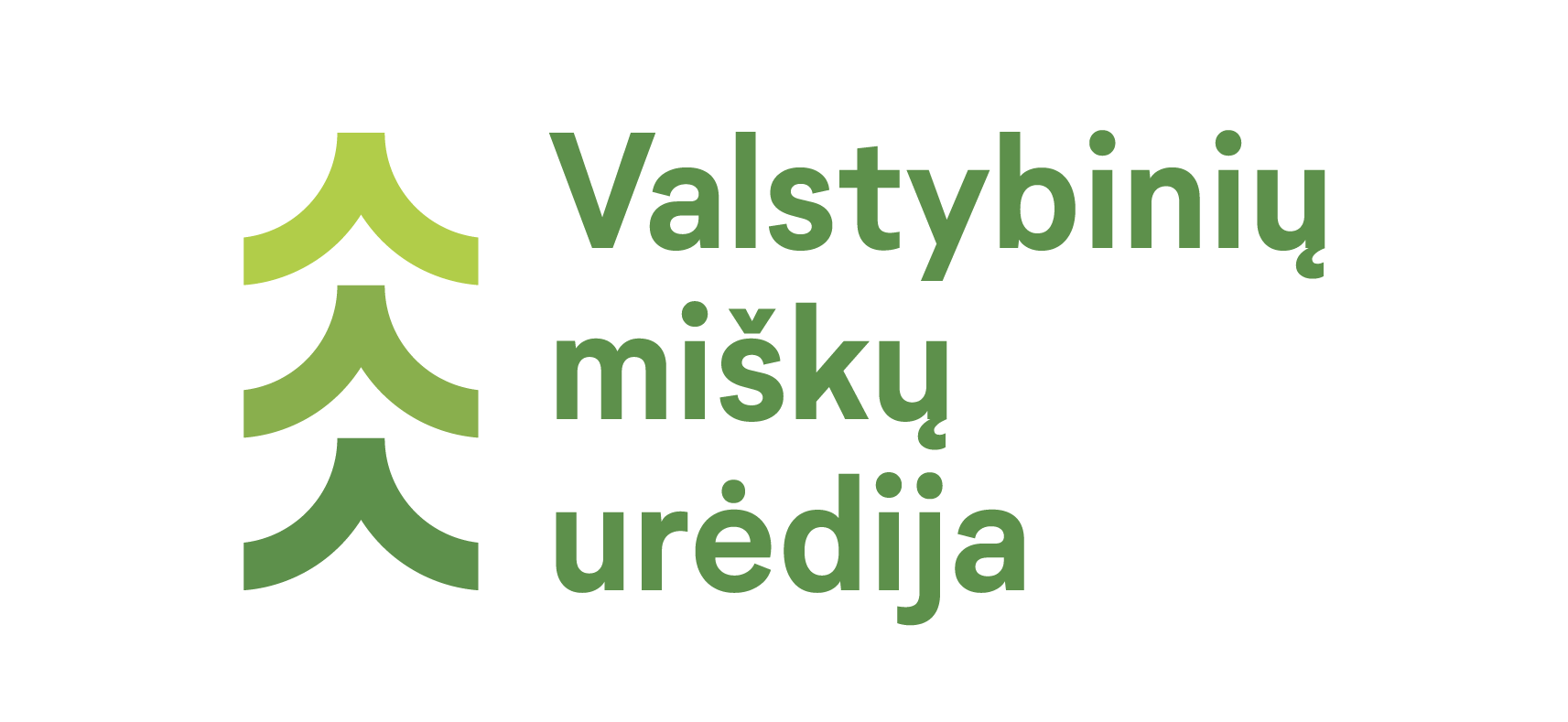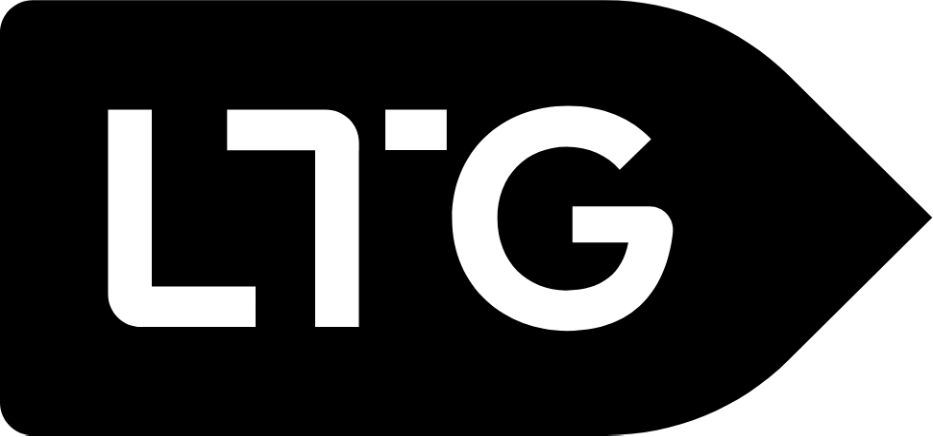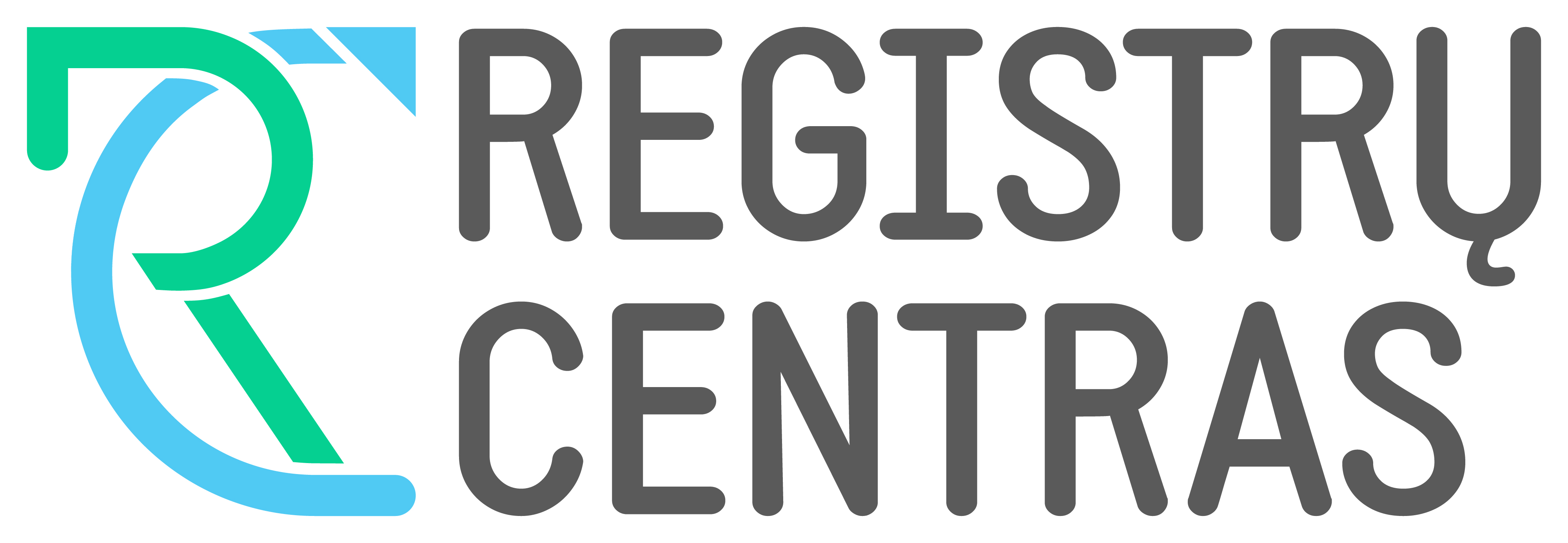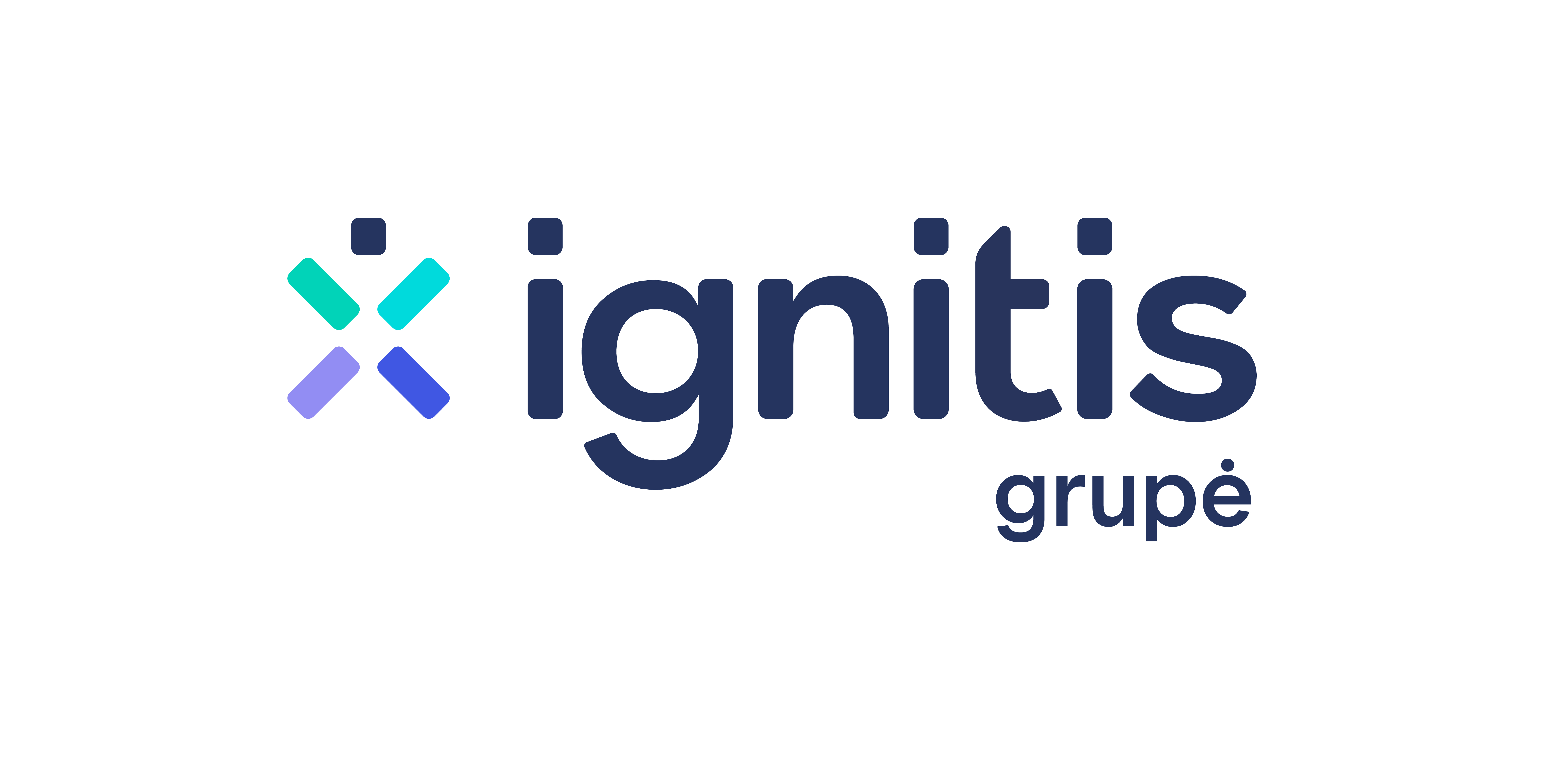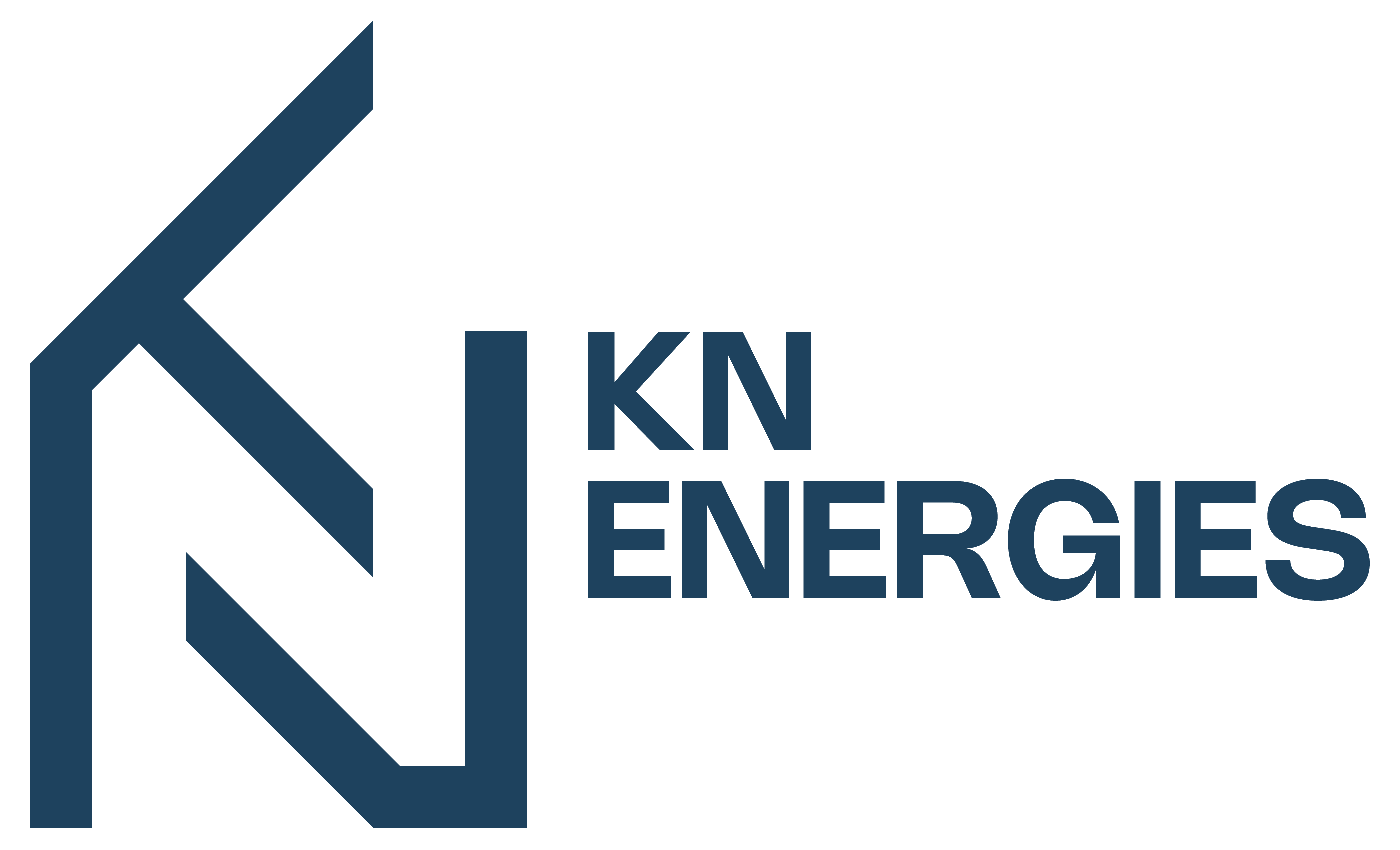Evaluated the implementation of strategic activity plans of SOEs: about 40% of SOEs still lack ambition in setting target indicator values
Measurement of the strategic goals and objectives of state-owned enterprises (SOEs) is improving, but about 40% of SOEs still lack ambition in setting target indicator values, thereby “insuring” against non-fulfillment. These trends are highlighted in the latest evaluation of the implementation of SOEs’ strategic activity plans conducted by the Governance Coordination Center (GCC).
For the second consecutive year, the GCC has assessed the implementation of long-term financial shareholder expectations and specialized short-term financial and non-financial indicators set according to the new performance measurement indicators concept introduced in 2022.
As noted by GCC Director Vidas Danielius, last year, non-financial goals and objectives remained dominant in the overall map of strategic goals and objectives, though it is commendable that the proportion has shifted somewhat over the past five years.
According to him, if in 2019 financial indicators in SOEs’ strategic activity plans did not exceed 24%, and in 2022 reached 29%, by 2023 they constituted 33%.
“In 2023, 73.6% of financial and 79.3% of non-financial goals and objectives were properly implemented,” noted V. Danielius.
The GCC Director added that all SOEs on average set 29 indicators last year but highlighted that the ranges vary significantly: the minimum number of indicators was 10, and the maximum was 106. UAB “Lietuvos monetų kalykla” had the fewest targets (10), while AB “Lietuvos geležinkeliai” Group had the most (106).
According to V. Danielius, this shows that the practice of setting strategic goals and objectives and indicators varies significantly among SOEs and that the strategic goals and objectives map is overloaded with one-off and “routine” tasks that cannot be considered strategic.
Although most SOEs achieved better performance results in 2023 due to stabilized energy resource prices, less than half of SOEs managed to meet all three long-term financial goals set by the Government of the Republic of Lithuania (profitability, optimal capital structure, and dividend/profit contributions), based on interim 2022-2023 results. UAB “Toksika”, Ignalina Nuclear Power Plant, AB “Ignitis Group”, AB “KN Energies”, Klaipėda State Seaport Authority, AB “Smiltynės perkėla”, AB “Detonas” and VĮ Turto bankas met all the financial goals set by the Lithuanian Government and the specialized indicators agreed with the GCC.
The energy sector companies executed 94% of their financial strategy in 2023, compared to only 65% in 2022. The implementation of non-financial indicators remained at 85%, the same as in 2022.
Meanwhile, the transport sector SOEs properly implemented 86% of financial indicators, compared to 76% in 2022. The proportion of non-financial goals and objectives implemented grew by 2 percentage points to 85%.
The agricultural sector’s strategy implementation results were the poorest: in 2023, companies in this sector met only 49% of financial goals and objectives and 63% of non-financial ones. UAB “Lietuvos žirgynas” did not achieve any financial goals and met only half of the non-financial ones, continuing its poor performance from previous years, where the implementation of the financial strategy part was only 33%.
Despite the achieved goals and objectives, GCC Director V. Danielius pointed out that many SOEs show a possible lack of ambition when planning and submitting indicators for approval. Many SOEs exceeded their set financial indicators by more than 150%.
For example, AB “Lietuvos paštas” maintained a conservative stance that its return on equity (ROE) would be around 2% in 2023, but it actually earned 13.9%.
Such significant overachievement of financial indicators in companies demonstrates possibly overly cautious planning of indicators,” he said, adding that responsible collegiate management bodies of SOEs should ensure that target indicator values are ambitious, i.e., encourage planning for higher goals rather than setting the bar low to ensure almost guaranteed achievement.
The conclusions and recommendations of the Governance Coordination Center regarding strategic planning and the implementation of target indicators for SOEs have been submitted to the Government.
Pavyzdžiui, „AB „Lietuvos paštas“ laikėsi griežtos pozicijos, jog 2023 m. nuosavo kapitalo grąža ROE bus apie 2 proc., tačiau faktiškai uždirbo 13,9 proc.
Toks, itin ženklus finansinių rodiklių viršijimas įmonėse ir demonstruoja galimai pernelyg atsargų rodiklių planavimą“, – sako jis bei priduria, kad VVĮ atsakingiems kolegialiems valdymo organams reikėtų užtikrinti, jog siektinos rodiklių vertės būtų ambicingos, t. y. skatinti planuoti ne „žemiausia riba“, kuri beveik užtikrintai būtų pasiekta, o keltis aukštesnius tikslus.
Valdymo koordinavimo centro parengtos išvados bei rekomendacijos dėl VVĮ strateginio planavimo ir siektinų rodiklių įgyvendinimo yra pateiktos Vyriausybei.

